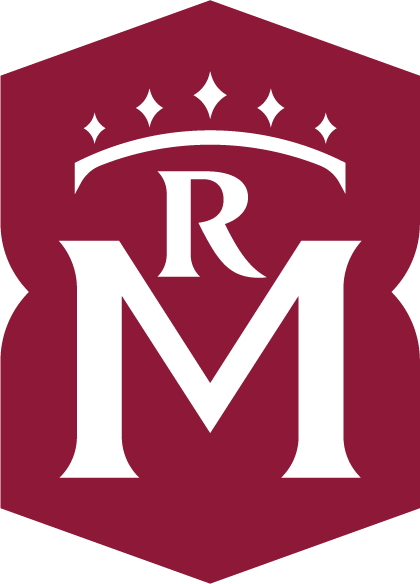One of the great delights of being present with our children as they get older is to witness the deepening of their intellect. Almost overnight, they seem able to articulate thoughts more eloquently and make connections between ideas on their own. In the adolescent years, this maturing of the mind begins to shine.
How gratifying it is to converse with our emerging adults about Big Ideas!
With a well-fed imagination, our teens are able and eager to
Compare diverse pieces of literature.
Draw meaningful lessons from history.
Find the relevance of old ideas in their own modern lives.
The students in our Regina Mater high school English class have been discussing many such Big Ideas this year. While digging into modern times in history class, so we, in literature, are on a parallel track delving into modern texts. Coupling the study of slavery with Mark Twain’s Adventures of Huckleberry Finn and the study of World War II with Robert Golding’s Lord of the Flies, for example begs for a conversation about moral courage.
You as parents and primary educators can even provide a few leading questions at the dinner table for discussion:
How does one gain moral courage?
How do I know I’ll have moral courage when I need it?
How did the characters in the novel develop their well-formed conscience and the confidence to assert it (or why did they fail)?
Regina Mater students at all levels, but especially in Tabor, our high school classroom, enthusiastically take the lead in discussions. They wrangle, debate, and grapple with complex issues.
It is critical for our adolescents, who are so actively drafting their worldview, that the work they undertake have obvious personal relevance. How does a sixteen-year-old growing up in a southern state, in a city with a population of a million, find meaning in Thornton Wilder’s Our Town, a play depicting life in a quaint New England town in the early 1900’s? We recently read the play in class and took on this very question. Students had insightful responses, redefining the word “town” to apply more succinctly to their associates—the peers and adults they see frequently and hold in mutual regard. From there, the students teased out lessons of the play concerning mortality, companionship, and the circle of life; the truths within became worthy of contemplation by a modern, urban teen.
Socratic discussions don’t need to be restricted to a classroom of peers and a scholarly guide. In fact, the best Socratic discussions can occur during a commute or around the dinner table or campfire. Nearly any topic of substance can become the meat of a discussion—current events, a difficult decision being made within the family, or a recent homily.
Here are some tips on starting Socratic-style discussions with your teens:
Ask a few leading questions (based on current events or a recent novel).
Listen attentively.
Always give their ideas due respect and consideration.
I think you’ll be engaged and impressed by what you hear!
By Jennifer Whitmore
Regina Mater parent and Tabor literature teacher

